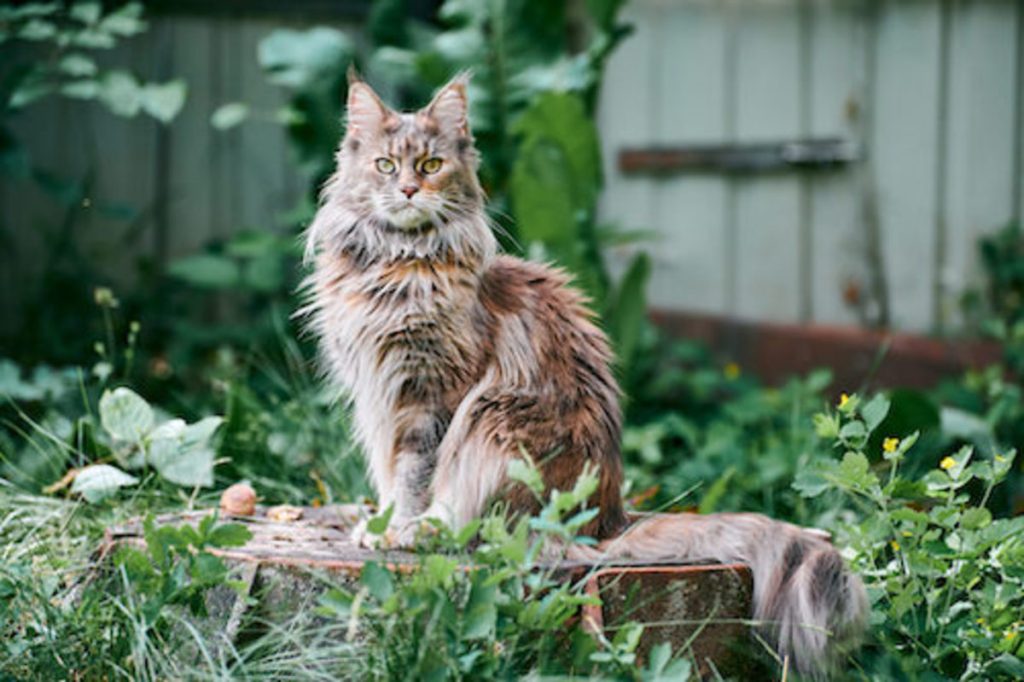Allergies in cats can manifest in various ways, from skin irritations to digestive issues, posing challenges for both feline companions and their owners. Managing these allergies requires a comprehensive approach that includes identifying allergenic triggers and implementing dietary changes. One significant aspect of this approach is the role of allergenic cat foods in allergy management.
Understanding Allergenic Cat Foods:
Allergenic cat foods are those that contain ingredients known to trigger allergic reactions in some cats. Common allergens in cat foods include certain proteins such as beef, dairy, fish, and chicken, as well as grains like wheat and corn. Additionally, artificial additives and preservatives can also contribute to allergic responses in sensitive cats. When a cat exhibits signs of allergies, such as itching, redness, vomiting, or diarrhea, it is crucial to identify the specific allergens causing these reactions. This often involves working closely with a veterinarian to conduct allergy tests and eliminate potential triggers from the cat’s diet and environment.
Role of Allergenic Cat Foods in Allergy Management:
Once allergens are identified, switching to hypoallergenic or limited ingredient diets can play a pivotal role in managing feline allergies. Hypoallergenic cat foods are formulated to contain novel protein sources that are less likely to trigger allergic responses. These may include proteins like venison, rabbit, or duck, which are uncommon in standard cat diets. Limited ingredient diets, on the other hand, focus on simplifying the cat’s food to reduce the number of potential allergens. These diets typically feature a single protein source and minimal additional ingredients, making it easier to pinpoint and avoid allergenic triggers and check more at topcat breeds website.

Benefits of Allergenic Cat Foods:
Reduced Allergic Reactions – By eliminating known allergens from the cat’s diet, allergenic cat foods help reduce allergic reactions, leading to improved skin health and gastrointestinal comfort.
Improved Digestive Health – Many cats with allergies experience digestive disturbances. Allergenic cat foods with easily digestible proteins and limited additives can promote better digestive health and nutrient absorption.
Support for Allergy Testing – During allergy testing, feeding the cat allergenic foods can help confirm the presence of specific allergens, aiding in the accurate diagnosis and treatment of allergies.
Long-Term Management – Allergenic cat foods are not just short-term solutions. They can form the basis of a long-term management plan for cats with chronic allergies, providing consistent relief and improving overall quality of life.
When selecting allergenic cat foods, it is essential to consider factors such as the cat’s age, health status, and any additional dietary requirements. Consulting with a veterinarian or a feline nutrition specialist can help determine the most suitable options based on the cat’s individual needs. Allergenic cat foods play a vital role in managing feline allergies by eliminating common triggers and promoting overall health and well-being. By understanding the importance of identifying allergens and choosing appropriate diets, cat owners can optimize their feline companions’ health and quality of life.
